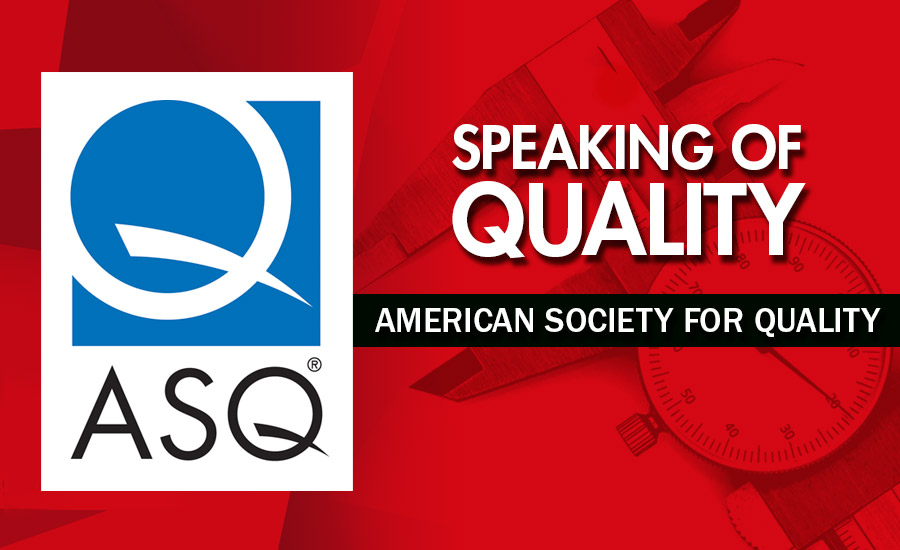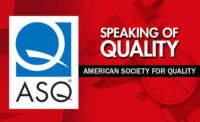A professional certification is a formal recognition that an individual has demonstrated a proficiency within, and comprehension of, a specified body of knowledge (BoK). A BoK establishes the scope of a professional certification that assesses a candidate’s knowledge of the concepts, terms, and activities that make up a professional domain. Professional certifications add value because they demonstrate an individual’s expertise, document proof of knowledge to a specified BoK, and provide a mark of technical excellence. Certifications also demonstrate a commitment to a profession and—because many certified professionals commonly become so of their own volition—demonstrate a person’s initiative.
Professional certifications remain of value if the BoK stays relevant, are based on independent and authenticated information, and are tightly and impartially controlled. Bodies of knowledge are dynamic, constantly evolving and keeping relevant as technology advances and methodologies improve. In order for a professional certification to remain relevant, those administering certifications must periodically review and update the BoK—and subsequently the examination’s contents. Though exam maintenance is an expensive and time consuming activity, by doing so, the organization maintaining it retains the value and integrity of its professional certifications.
Each of ASQ’s 18 certification exams undergo a multi-step review cycle every five years. To determine current trends, ASQ conducts a job analysis utilizing various sources, including subject matter experts and surveys within relevant industries. The information gathered determines which areas of the BoK need to be added, tweaked, or deleted. Once the BoK is defined, exam questions are written. These questions are then reviewed by another group of subject matter experts for clarity and validation before being added to the exam question bank. Prior to administering an actual exam, a portion of questions are selected from the bank and reviewed to ensure the BoK is adequately covered. Lastly, a cut score is determined.
The BoK for a professional certification should be based on authenticated information to remove bias. For example, the BoK for each ASQ exam is not based on “common knowledge” that individuals obtain through work experience but instead on published information that has been validated by subject matter experts. All of ASQ’s exam questions are developed by volunteers using a wide variety of technical publications. Each exam question can be traced back to the exact page number of the publication it was developed from. These questions then undergo scrutiny during the independent item review step before being approved and added to the exam question bank.
Lastly and most important, the BoK needs to be tightly and independently controlled. While many organizations and educational institutions provide professional certifications, the certifications that hold the greatest esteem are those provided by an independent, external third party. This objective group of professionals help reduce bias that may occur when companies or training organizations bestow certifications on employees or direct customers. Though ASQ provides exam preparation training, they maintain a rigid “wall” between its training and certification departments. The exam questions are developed by volunteers, not by ASQ staff, and all volunteers who supported the development or review of an exam are barred from teaching exam preparation courses or developing related training materials for a minimum of two years. ASQ’s exam preparation training materials are developed only through volunteers, consultants and/or staff who possess knowledge of an exam’s BoK; all training materials and sample questions are developed independently from anyone who assisted in exam development.
Having a professional certification from a credible source such as a professional society is important to the certified individual, employers and third parties such as customers and registrars. Besides providing self-confidence and professional pride, certification gives the professionals earning them a leg up on noncertified peers who have comparable education, experience and skills. This occurs because professional certifications provide tangible proof of an individual’s knowledge and skills to a defined BoK. In addition professional certifications provide employers with a competitive edge because they will have highly qualified staff. Professional certifications also lessen the unknown qualities of candidates within the hiring process.
ASQ is the only professional society that administers quality-related certifications. More than 200,000 ASQ certifications have been issued since 1968 when it offered its first certification, the Certified Quality Engineer. ASQ’s certification exams are globally recognized and endorsed by more than 125 international organizations. Some ASQ certification exams are offered in multiple languages, including Spanish, Portuguese, Mandarin Chinese, Korean and Arabic. ASQ is proud of its reputation in maintaining the integrity of its certification program which has been carefully cultivated for more than 50 years.


